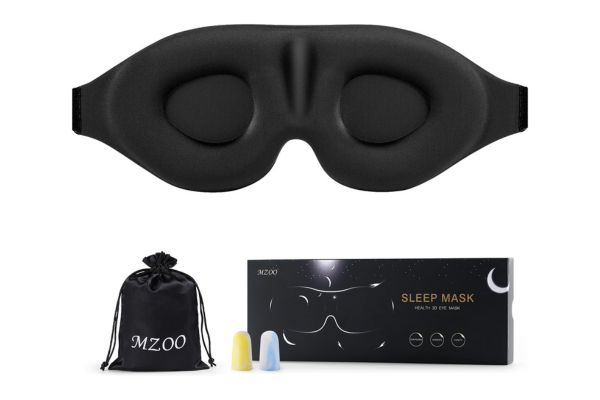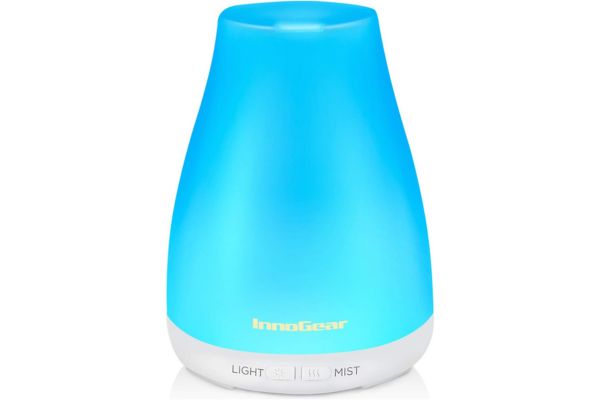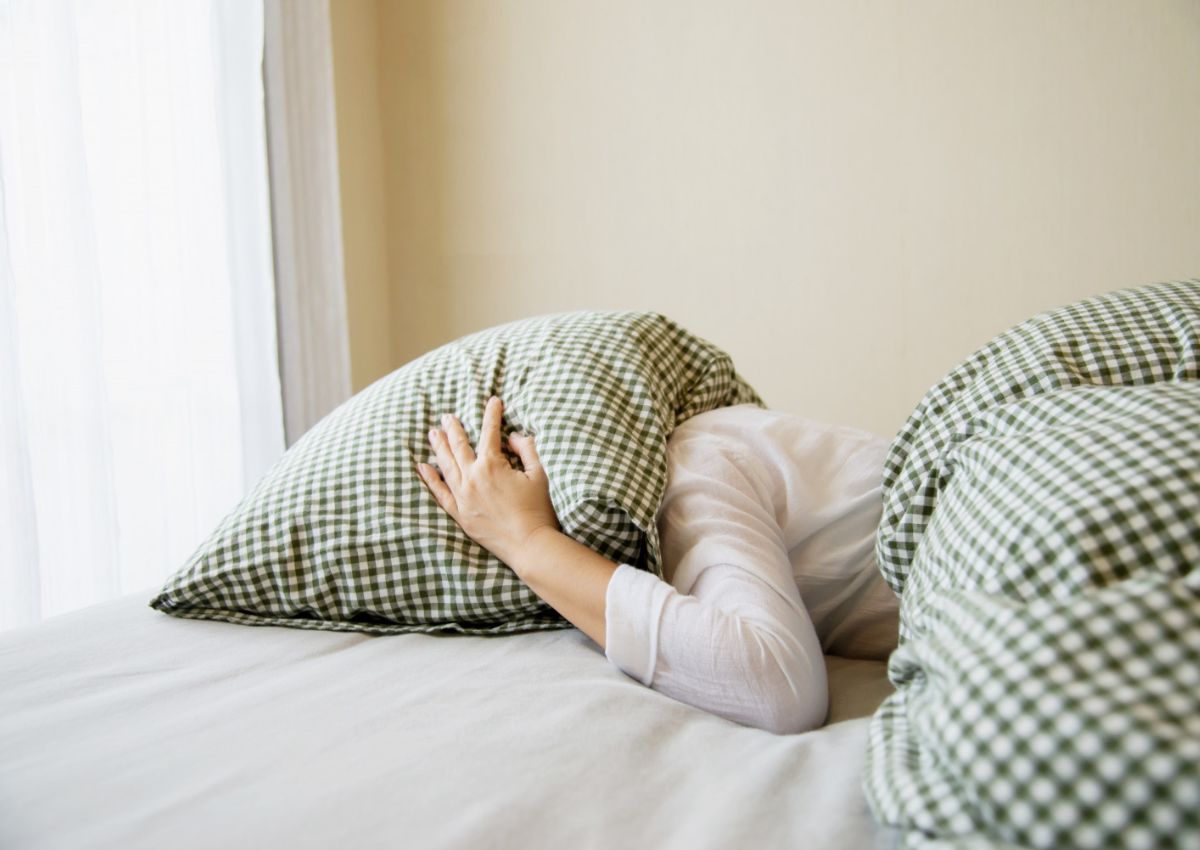Sleep plays a vital role in emotional balance, cognitive performance, and overall well-being. Yet, many highly sensitive individuals find that their heightened awareness and emotional depth make restful sleep difficult to achieve.
Fortunately, there are effective, natural ways to overcome insomnia without relying on medical prescriptions. With mindful adjustments and consistent habits, sensitive people can gently guide their bodies and minds toward better sleep.
| Understanding Insomnia in Sensitive Individuals
Highly sensitive people often experience insomnia due to overstimulation or emotional overload. Everyday sounds, bright lights, or unresolved worries can disrupt the brain’s ability to relax. This sensitivity makes the transition from wakefulness to rest more challenging, as the nervous system remains active even in quiet environments.
To address this, it’s important to recognize that insomnia is not just about sleeplessness—it’s about managing the underlying triggers that keep the body alert. Reducing these triggers through environmental and behavioral strategies can help restore natural sleep rhythms.
| Creating a Calming Sleep Environment

Minimize Stimulation Before Bed
Avoid electronic screens at least one hour before sleep. The blue light emitted by devices can interfere with melatonin production, the hormone that regulates sleep. Instead, opt for dim lighting and relaxing activities like reading or gentle stretching.
Use Soothing Scents and Sounds
Aromatherapy can work wonders for calming the mind. Scents like lavender, chamomile, or sandalwood can promote relaxation. Similarly, soft nature sounds or white noise can mask external disruptions and help sensitive individuals feel safe and cocooned.
Keep the Room Comfortable
A cool, dark, and well-ventilated room supports better sleep. Consider blackout curtains, weighted blankets, or breathable bedding materials to maintain a peaceful environment. Reducing clutter can also help minimize mental distractions before bed.
| Calming the Mind and Body Naturally

Practice Gentle Meditation
Meditation encourages stillness and helps the mind release the stress accumulated throughout the day. Even five to ten minutes of deep breathing or guided meditation can lower cortisol levels and prepare the body for rest. Many find mindfulness apps helpful for developing a soothing pre-sleep routine.
Try Herbal Remedies
Certain herbal teas and supplements have mild, natural sedative effects. Chamomile, valerian root, and lemon balm tea are well-known for their calming properties. Always consult a healthcare professional before adding supplements to ensure they suit your individual health needs.
Establish a Consistent Routine
Go to bed and wake up at the same time each day. Consistency reinforces the body’s internal clock, helping to regulate sleep cycles. Over time, your body will naturally start feeling sleepy and wakeful at predictable hours, improving overall rest quality.
| Managing Emotional Sensitivity for Better Sleep

Limit Emotional Stimulation at Night
Avoid engaging in emotionally charged conversations, intense news, or demanding mental tasks close to bedtime. Sensitive individuals may find it difficult to “switch off” after emotional interactions. Choose calming activities like journaling or light creative hobbies instead.
Cultivate Positive Thoughts
Racing thoughts often fuel insomnia. Writing down your worries or gratitude lists before bed helps clear the mind. Gentle affirmations such as “I am safe and calm” can redirect focus toward tranquility and reassurance.
Use Relaxation Techniques
Progressive muscle relaxation or deep breathing exercises can ease tension in both body and mind. Start from your toes and gradually release tension upward to your head, focusing on slow, steady breaths.
| The Importance of Daytime Habits

Get Morning Sunlight
Natural light exposure early in the day helps regulate your circadian rhythm. A brief morning walk can improve alertness, stabilize mood, and prepare your body for better rest at night.
Engage in Light Exercise
Moderate physical activity reduces stress and promotes restorative sleep. Yoga, walking, or swimming are excellent options for sensitive individuals who prefer gentle, mindful movement.
Eat Mindfully
Avoid caffeine or heavy meals in the evening. Foods rich in magnesium, tryptophan, and melatonin—like bananas, oats, and almonds—can support sleep quality naturally.
| Recommended Products for Restful Sleep
| MZOO Luxury Sleep Eye Mask for Side Sleepers

“Gentle darkness for deeper rest.”
The MZOO Luxury Sleep Eye Mask provides a soothing, zero-pressure fit that helps sensitive sleepers block out light completely. Its 3D contoured design allows for free eye movement without discomfort, while the memory foam cushioning enhances comfort through the night. Designed for both home and travel use, this mask is ideal for those seeking a calm, uninterrupted sleeping experience.
| InnoGear Essential Oil Diffuser

“Aromatherapy calm for a peaceful night.”
The InnoGear Essential Oil Diffuser combines soft mist and calming scents to help the mind unwind before sleep. With ultrasonic technology, it operates quietly while maintaining gentle humidity in the air. The diffuser offers 7 soothing LED color options and two mist modes, letting users personalize their bedtime atmosphere. Automatic shut-off ensures peace of mind, making it a thoughtful addition to a relaxing bedtime routine.
| FGO Organic Hibiscus Tea

“A natural way to relax before bedtime.”
The FGO Organic Hibiscus Tea is a caffeine-free, antioxidant-rich tea made from organic hibiscus flowers. It offers a naturally tangy flavor and helps promote hydration and relaxation before sleep. Each eco-conscious tea bag is carefully packaged for freshness, making it a mindful choice for sensitive individuals who prefer a warm, herbal drink to unwind at the end of the day.
| Frequently Asked Questions
Q1. What causes insomnia in highly sensitive people?
A1. Sensitive individuals are often more reactive to environmental stimuli, such as noise, light, or emotional stress. Their heightened nervous system activity makes it difficult to relax at night, leading to trouble falling or staying asleep.
Q2. How can sensitive people calm their mind before bedtime?
A2. Creating a relaxing bedtime routine helps reduce overstimulation. Gentle stretching, meditation, or aromatherapy using essential oils like lavender can promote a calm state of mind. Limiting screen time and avoiding caffeine after the afternoon also supports better sleep.
Q3. Are non-prescription sleep aids effective for sensitive individuals?
A3. Some non-prescription aids, such as herbal teas like chamomile or hibiscus, magnesium supplements, or aromatherapy diffusers, can help induce relaxation. However, sensitive people should test one change at a time to avoid overwhelming the senses.
Q4. What type of environment helps sensitive people sleep better?
A4. A quiet, dark, and cool bedroom environment is ideal. Using blackout curtains, white noise machines, or contoured sleep masks can block distractions and create a sense of security. Maintaining a consistent bedtime routine reinforces healthy sleep habits.
Q5. Can mindfulness or breathing exercises help overcome insomnia?
A5. Yes, mindfulness techniques such as deep breathing, progressive muscle relaxation, or guided meditation reduce anxiety and slow down heart rate. These methods help quiet mental activity and prepare the body for restful sleep.
Q6. How long does it take to notice improvement after changing sleep habits?
A6. Consistency is key. Most people notice gradual improvement within two to three weeks of following a stable sleep schedule and practicing relaxation techniques nightly. Patience and steady commitment yield the best results.
Q7. When should someone seek professional help for insomnia?
A7. If sleeplessness persists for several weeks despite healthy lifestyle changes, or if it affects daytime functioning, consulting a sleep specialist or therapist is recommended. Persistent insomnia may be linked to stress, anxiety, or other underlying conditions that benefit from professional guidance.
❀ Conclusion

For highly sensitive individuals, overcoming insomnia is not about forcing sleep but nurturing an environment where rest can naturally occur. Small lifestyle changes, consistent habits, and mindful relaxation can help reset the body’s rhythm and promote deeper, restorative sleep.
With patience and care, sensitive people can rediscover the joy of peaceful nights and energized mornings—without the need for medical prescriptions.







